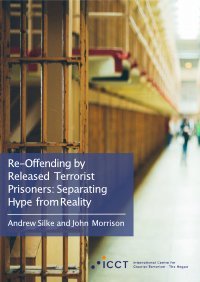By Zarek Khan
The literature on probation supervision has paid significant attention to prisoner reintegration into society. Many of these studies are based on retrospective samples of ex-prisoners as their primary analytical focus. Research studies on the early transitions from prison to the community have predominantly examined men’s experiences. This article explores the experiences of a small group of men and women serving their sentences in the community while under probation supervision. Drawing on interview extracts, it is argued that probation practices hinder, rather than support, post-release necessities for men and women seeking to reintegrate into society. The article highlights the implications for future research on probation supervision and re-entry.
Probation Journal 2023, Vol. 70(4) 350–366




